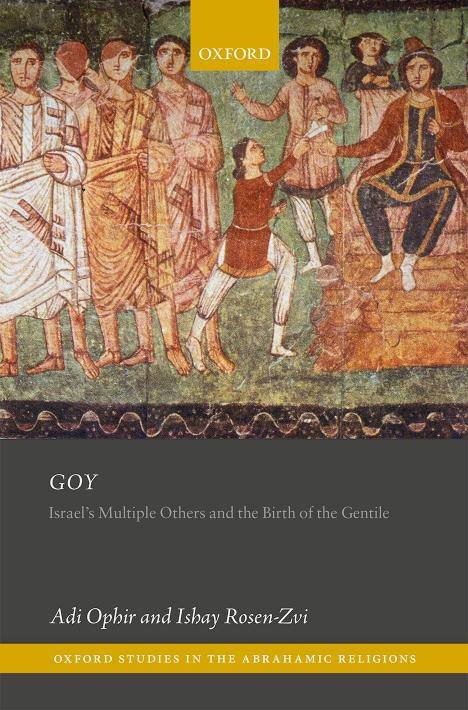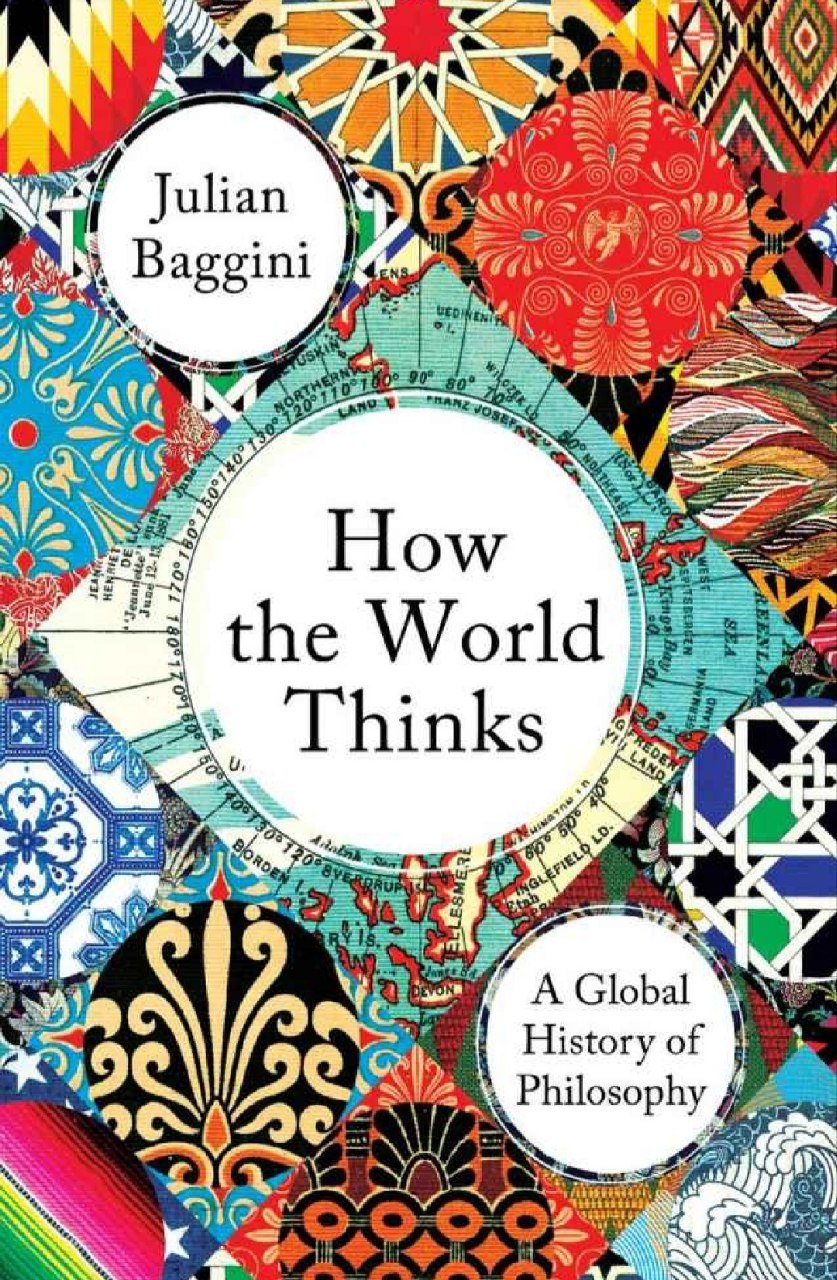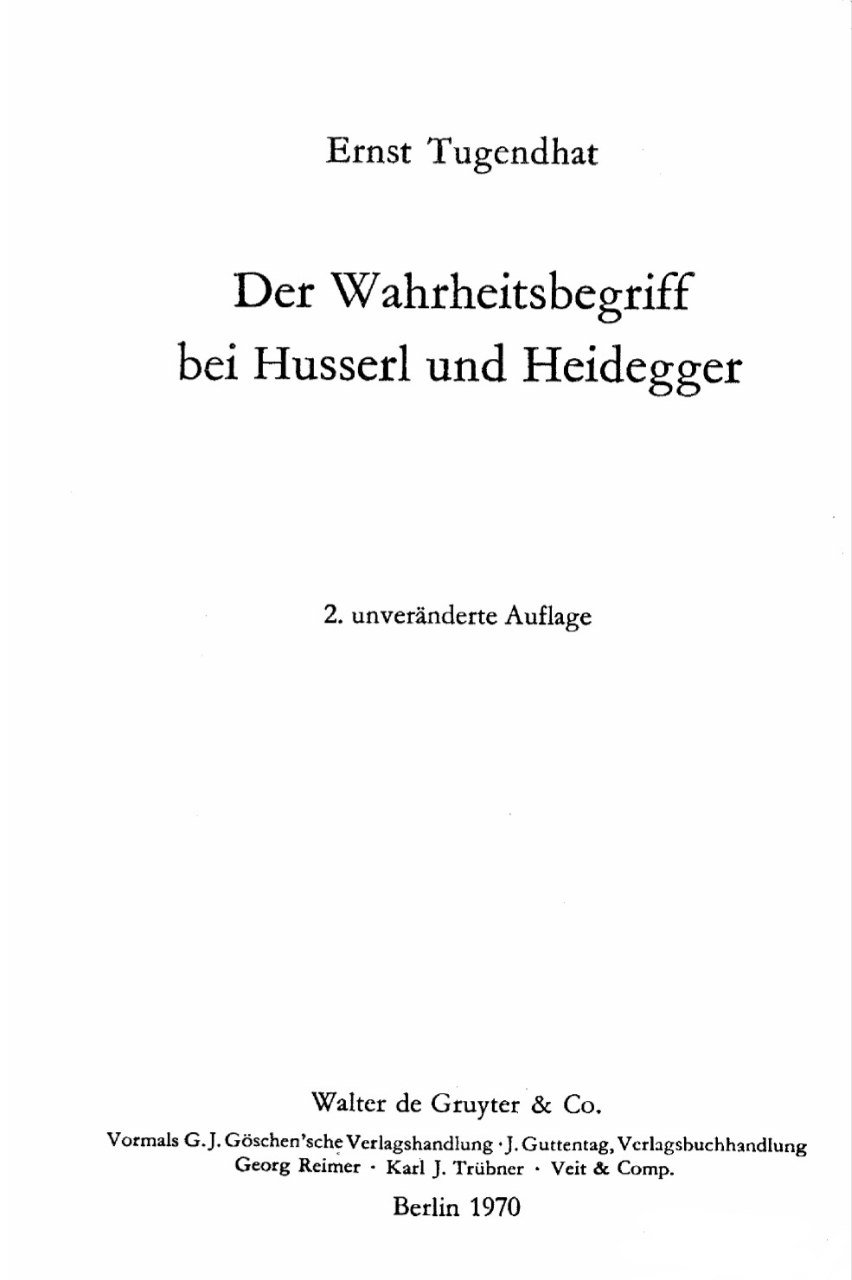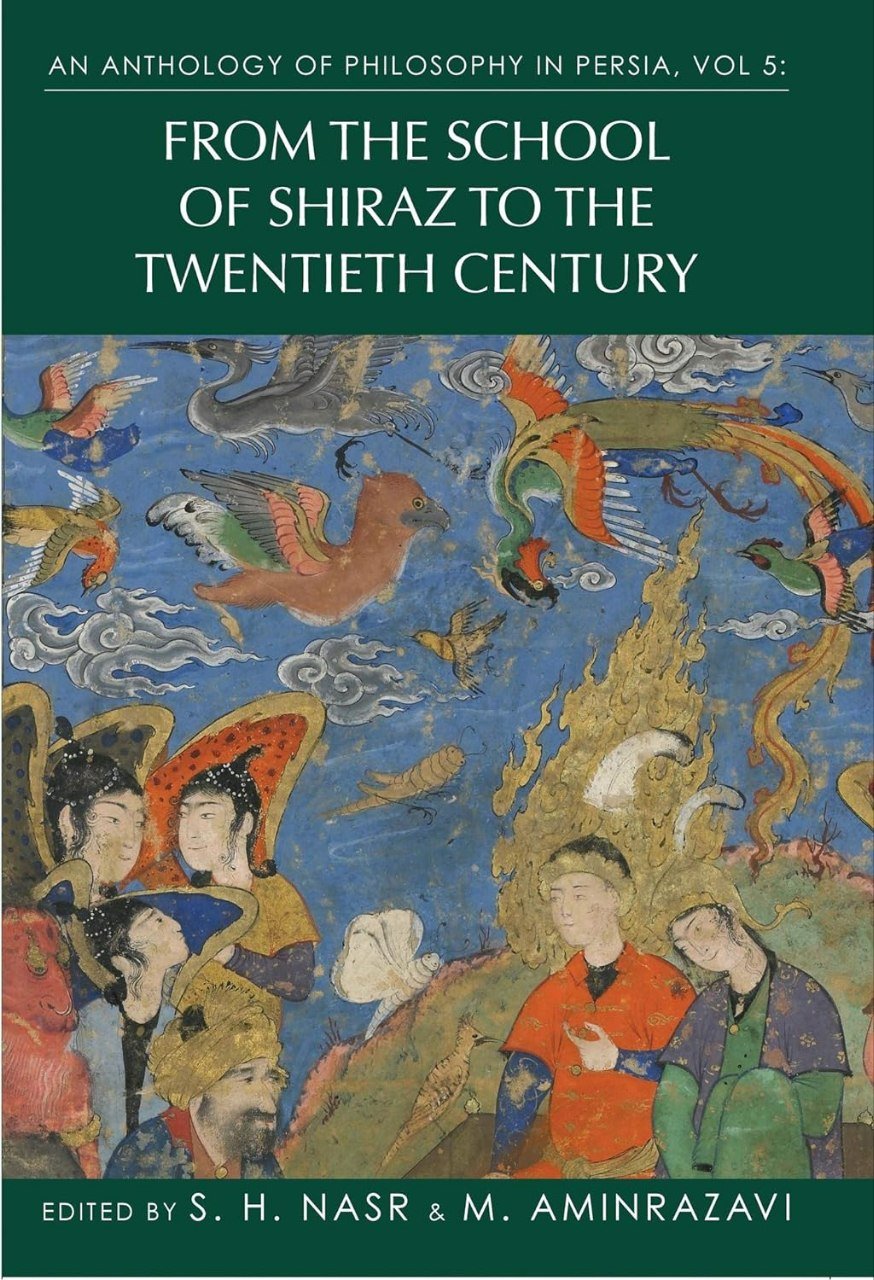

Late Works of Mou Zongsan
Reviews
No review yet. Be the first to review this book!
Description
Late Works of Mou Zongsan: Selected Essays on Chinese Philosophy, authored by Mou Zongsan and edited by Jason Clower, offers a profound insight into the later thought of one of the most influential figures in modern Chinese philosophy. Mou Zongsan (1909–1995) was a key figure in the New Confucian movement, which sought to modernize and revitalize Confucian philosophy in the context of contemporary global thought, often engaging in dialogue with Western philosophy, particularly German Idealism and Kantian thought. This volume collects some of Mou’s mature essays that illustrate his ambitious philosophical project: to synthesize the intellectual traditions of Chinese Confucianism with elements of Western philosophy, especially metaphysics and epistemology. Mou’s primary concern is to demonstrate that Confucian philosophy is not merely a moral or socio-political tradition but also possesses a profound metaphysical system capable of addressing universal human concerns. A central theme in these late works is Mou’s reinterpretation of moral metaphysics, where he argues that moral self-cultivation and metaphysical insight are deeply interconnected. Mou sees the moral nature of humanity (as articulated by classical Confucian thinkers like Mencius) as evidence of an inner, transcendent potential—what he terms the self-transcendence of moral subjectivity. This allows for the possibility of moral metaphysics that differs from but is parallel to Kantian moral law. Mou Zongsan also engages deeply with the concept of intellectual intuition, arguing that Chinese thought offers access to a direct, intuitive knowledge of moral principles and metaphysical truths. This contrasts with Kant’s position that humans lack intellectual intuition and can only know things through conceptual mediation. Mou’s bold claim is that Confucian sagehood provides a model of intellectual intuition that transcends this Kantian limitation. Another important area covered in these essays is Mou’s exploration of Buddhism and Daoism in relation to Confucianism. He acknowledges the contributions of these traditions to Chinese intellectual history but ultimately affirms Confucianism’s focus on moral cultivation and active engagement with the world as superior to the world-renouncing tendencies he associates with Buddhist and Daoist thought. Throughout these writings, Mou also addresses issues of politics, ethics, and modernity, proposing that Confucian thought can contribute to the development of democratic and humanistic values in the modern world. His philosophy advocates a moral subjectivity that is both autonomous and embedded in a cosmological framework, bridging Eastern and Western traditions. Jason Clower’s editorial work helps contextualize Mou’s complex ideas for a wider audience, providing explanations and clarifications that make the text accessible to those unfamiliar with Mou’s dense and often difficult style. Overall, Late Works of Mou Zongsan presents a comprehensive and sophisticated vision of Confucian philosophy as a living, evolving tradition capable of contributing to global philosophical discourse. It offers readers an opportunity to engage with one of the most significant modern interpretations of Confucianism, blending ancient wisdom with contemporary philosophical concerns.






 May 03, 2025
May 03, 2025



 May 03, 2025
May 03, 2025


 May 03, 2025
May 03, 2025
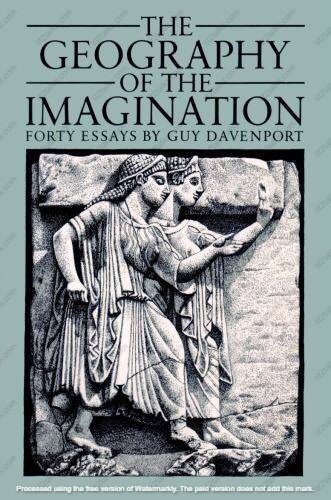
 May 03, 2025
May 03, 2025










.jpg)
.jpeg)




.jpeg)







.jpeg)


.jpg)






.jpg)









.jpg)

















.jpg)


.png)
.jpg)

.jpg)



.jpg)
.jpeg)

.jpeg)








